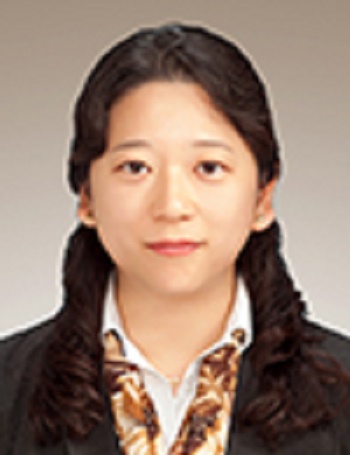Department of Christian Studies

One day, my fourteen-year-old daughter, who grew up mostly in the US tells me my name Heidi is one of the whitest name there is. I laughed.
In fact, I had a visceral encounter with this “whiteness” at an international conference. Casually striking a conversation with a German scholar, I told my name is Heidi. She told me that’s her mother’s name. I suddenly realized how awkward it must have been for her to see a Korean woman named with her German mother’s name. A strange mixture of distance and intimacy mingled into her next question about the assignment of this name on my Korean self. Then, she carefully claimed that Heidi is a German name, and I had to tell my story.
Right after college, I participated in a short term mission trip, training with eleven other Korean American young adults living in a training center together. After learning quirks of each personalities, one day I asked the group, what would my name be if I would pick an English name. They came up with Heidi. I resisted: doesn’t Heidi make me a country girl, an image I tried to shed for years? The German origin of this name also struck me ironic. I spent my childhood in Germany without picking up a German name. Should I pick a German name living in the United States? They insisted Heidi suits me and it stuck. Eventually I decided to claim it mine.
Strangely, this new name equalized the playing field for me, bestowing certain power. First of all, people began to remember my name. My Korean name would leave an impression but not the recollection of the exact pronunciation, but the strange combination of my Korean body and German name was memorable. I lived longer in people’s memory. This also required that I remember their names, which built mutuality. Relationships became somewhat easier to form. In a bizarre way, I became less of a stranger in a stranger’s land. On the other hand, my own community of Korean Americans Protestants was full of English names from the Bible, and my non-biblical German name stood out, also providing memorability. With memorability came visibility, a quality missing in my sojourner life in the foreign land. With a western name, people find it easier to strike a conversation with me, and I found it easier to insert myself into interactions. Inclusion in conversations, actions, and recognition provided a subtle political power I missed when I only used my Korean name.
Then one day, I had a postcolonial breakdown. Reading an article about the language power-differentials, the soul-twisting sense of guilt I buried deep in my heart surfaced.
The colonial history flooded back on me: how my grandmother’s generation had to use Japanese in school and change their names into Japanese; How people fought to keep our own language, and how much of a soul-changing thing it is to live a life in a foreign language. Does this flood require that I stop using the name Heidi? I have come a long way. Neither Korean or American, but simultaneously both Korean and American, I occupy an in-between space uniquely shaped by my sojourning experience. In that narrow and unstable space, somehow the combination of Heidi and my Korean last name Park belongs both comfortably and uncomfortably. Lacking the space where I fittingly belong, I decide to claim this space mine. In my scholarly work, I began to put my name as Hee-Kyu Heidi Park, requiring that those who knew me as Heidi to recognize my Korean name, but still claiming the power that Heidi gave me in relational spaces in the Western world. Would I recommend such choice to others? Well, I’m still ambivalent. Yet, in this constant struggle with identity, I hope to see the struggles behind choices that each of the culture-crossers make and affirm the experience.

